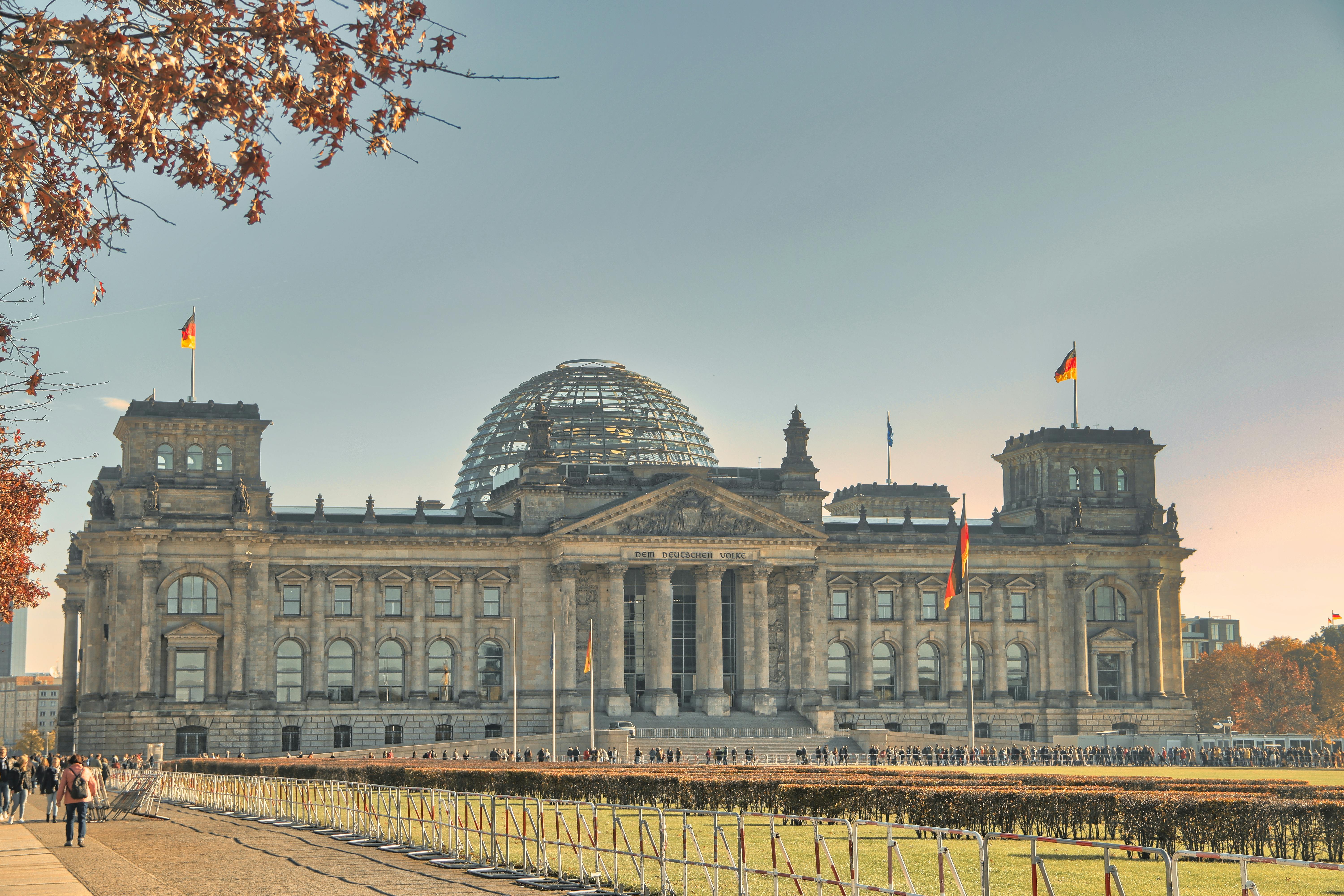"Unveiling the Role of Direct Democracy in Modern Governance"
Introduction: Delve into the captivating world of direct democracy, a form of governance that empowers citizens to become active contributors to law-making. Discover the historical context, current trends, and implications of this fascinating aspect of modern governance.

The Genesis of Direct Democracy
Direct democracy, unlike representative democracy where elected officials make decisions, allows citizens to directly participate in decision-making processes. Originating in ancient Athens, it was a system where eligible citizens gathered to debate and vote on laws. Although pure direct democracy is rare in modern times, elements of it have permeated various governmental structures, creating a hybrid of direct and representative democracy.
Modern Instances of Direct Democracy
In the present day, elements of direct democracy are evident in several countries. Switzerland, for instance, has a robust system of direct democracy where citizens can propose changes to the constitution or challenge laws passed by the parliament. Meanwhile, in the U.S, some states allow for initiatives and referendums, enabling citizens to propose or repeal laws. These practices showcase the evolution of direct democracy, adapting to the complexities of modern governance.
Legal Developments and Updates
Several legal developments have shaped the practice of direct democracy in recent times. The European Citizens’ Initiative, established by the Treaty of Lisbon, allows EU citizens to propose legislation, given it garners the support of a million citizens from at least seven member states. In the U.S, the use of ballot initiatives and referendums has increased, with significant policy changes occurring as a result.
Implications of Direct Democracy
Direct democracy carries profound implications for society. On one hand, it promotes citizen participation and can lead to laws that closely reflect public sentiment. However, it also raises concerns about the potential for majority rule to overpower minority rights and the risk of decisions made on complex issues without expert input.
Balancing the Scales: Direct Democracy and Representative Governance
While direct democracy embodies the ideal of citizens having a direct hand in law-making, it is not without its challenges. Striking a balance between direct democracy and representative governance can help harness the strengths of both systems. By blending citizen participation with representative decision-making, governments can create a more inclusive, responsive, and effective democratic system.
In conclusion, the role of direct democracy in modern governance is multifaceted and continually evolving. Though it brings challenges, its potential to foster a more participatory and representative democracy cannot be underestimated. As we stride forward, it will be intriguing to see how direct democracy continues to shape our systems of governance.




